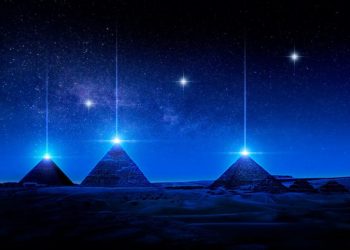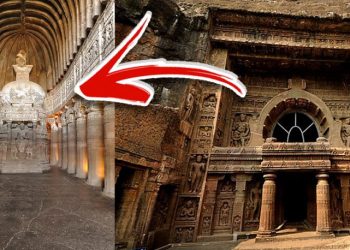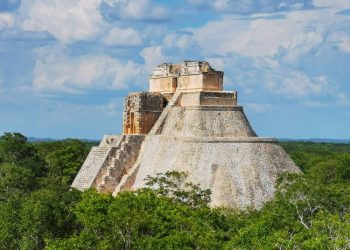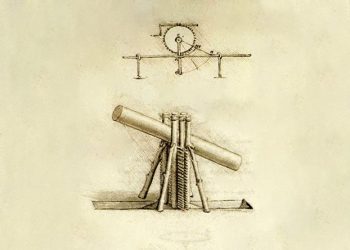Not many of us have actually read through the Bible. But you might consider reading it, as it features incredible stories. One such story speaks of Methuselah, Noah’s grandfather and the person with one of the longest lifespans in history, said to have lived for a mind-boggling 969 years until the great flood swept across the Earth.
Methuselah is not only fascinating because he lived for nearly one thousand years, but there are also many other interesting details about this Biblical character, which will mention in this revealing article. As noted by the Bible, the man known as Methuselah was the eighth Biblical, antediluvian patriarch. He was the son of Enoch, father of Lamech, and grandfather of Noah (the last of these patriarchs).
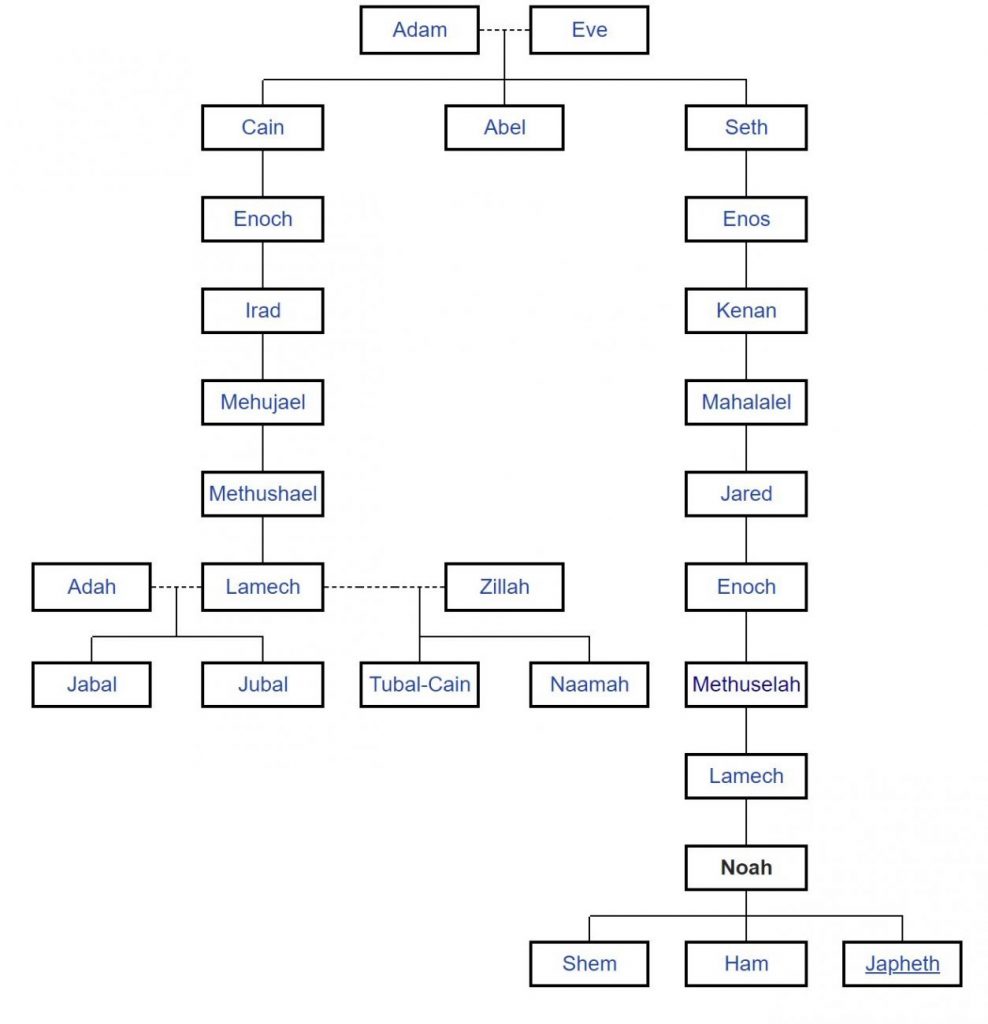
The Bible
Evidence of his abnormal longevity can be found in the following verses. These were taken from the King James Version of the Bible (Genesis 5:21–27)
21 And Enoch lived sixty and five years, and begat Methuselah:
22 And Enoch walked with God after he begat Methuselah three hundred years, and begat sons and daughters:
23 And all the days of Enoch were three hundred sixty and five years:
24 And Enoch walked with God: and he [was] not; for God took him.
25 And Methuselah lived a hundred eighty and seven years, and begat Lamech:
26 And Methuselah lived after he begat Lamech seven hundred eighty and two years, and begat sons and daughters:
27 And all the days of Methuselah were nine hundred sixty and nine years: and he died.
The chronology
According to the chronology of the Bible, Methuselah died during the year of the flood; however, whether his death was caused by the flood, or preceded it, is something we don’t see in the Bible. Methuselah is mentioned once in the Hebrew Bible outside of Genesis; in 1 Chronicles 1:3, he is mentioned in a genealogy of Saul. Methuselah is mentioned in the New Testament when the Gospel of Luke traces Saint Joseph’s lineage back to Adam in Luke 3:23–38. Genesis tells us that Methuselah was Enoch’s son and Lamech’s father. Lamech was Noah’s father.
The Flood
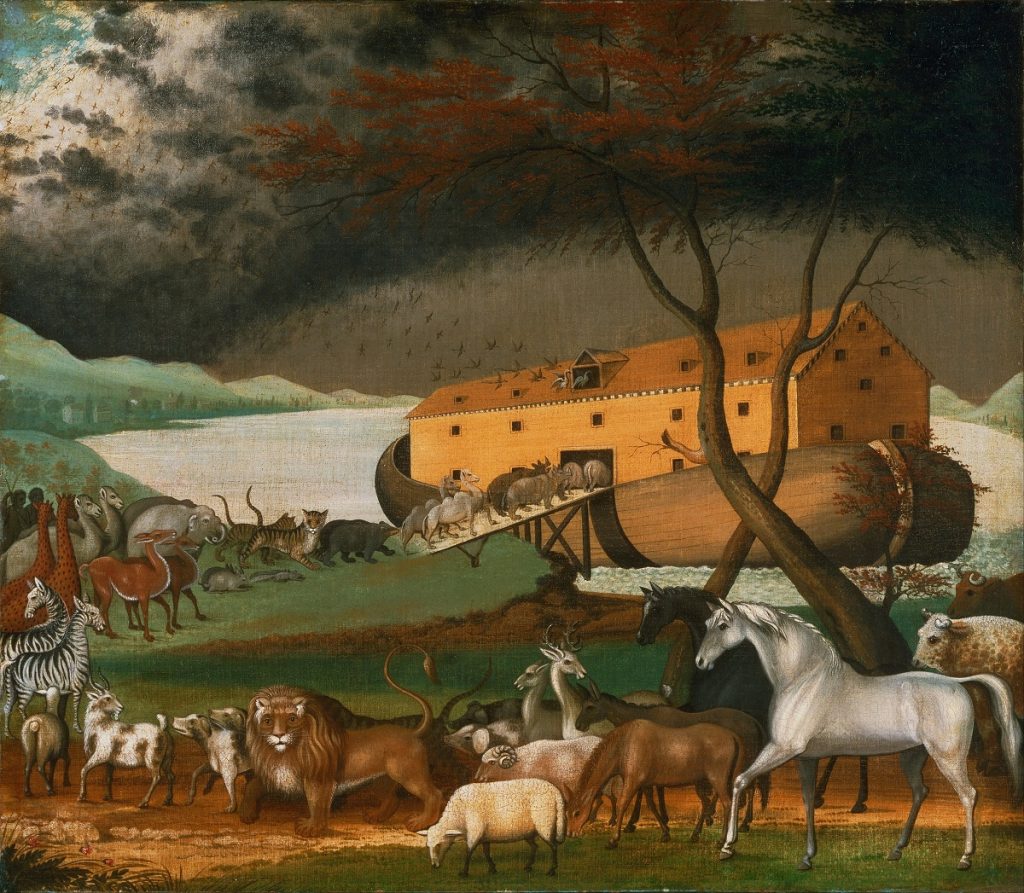
The Genesis flood narrative is a flood myth found in the Tanakh (chapters 6–9 in the Book of Genesis). The story tells of God’s decision to return the Earth to its pre-creation state of watery chaos and then remake it in a reversal of creation. The narrative has very strong similarities to parts of the Epic of Gilgamesh which predates the Book of Genesis. However, it is noteworthy that a global flood, as described in this myth, is inconsistent with the physical findings of geology and paleontology. But as we look into different historical sources, we see different versions and timelines.
Septuagint
For example, the Septuagint, commonly referred to as the Greek Old Testament, which is the earliest extant Greek translation of the Old Testament from the original Hebrew, tells us how Noah’s grandfather Methuselah was 187 years when his son was born. Methuselah supposedly died at the age of 969, but six years before the great flood swept across the land. The Samaritan Torah, a text of the first five books of the Hebrew Bible, indicates that Methuselah was 67 years old when his son was born and died at the age of 720 when the Great floods swept across the Earth.
Months and years
Some believe that Methuselah’s extreme age results from an ancient mistranslation that converted “months” to “years,” producing a more credible 969 lunar months, or 78½ years. Still, the same calculation applied to Enoch would have him fathering Methuselah at age 5. Some authors argue that human beings once lived close to a thousand years until after the Flood when God decided to shorten this age.
Then the LORD said, “My Spirit shall not strive with man forever, because he also is flesh; nevertheless, his days shall be one hundred and twenty years.” —Genesis 6:3 Mistranslation of Ancient Texts? Or incredible lifespans thousands of years ago? The Bible offers incredible stories that make you wonder whether the impossible may actually be possible.
Have something to add? Visit Curiosmos on Facebook. Join the discussion in our mobile Telegram group. Also, follow us on Google News







